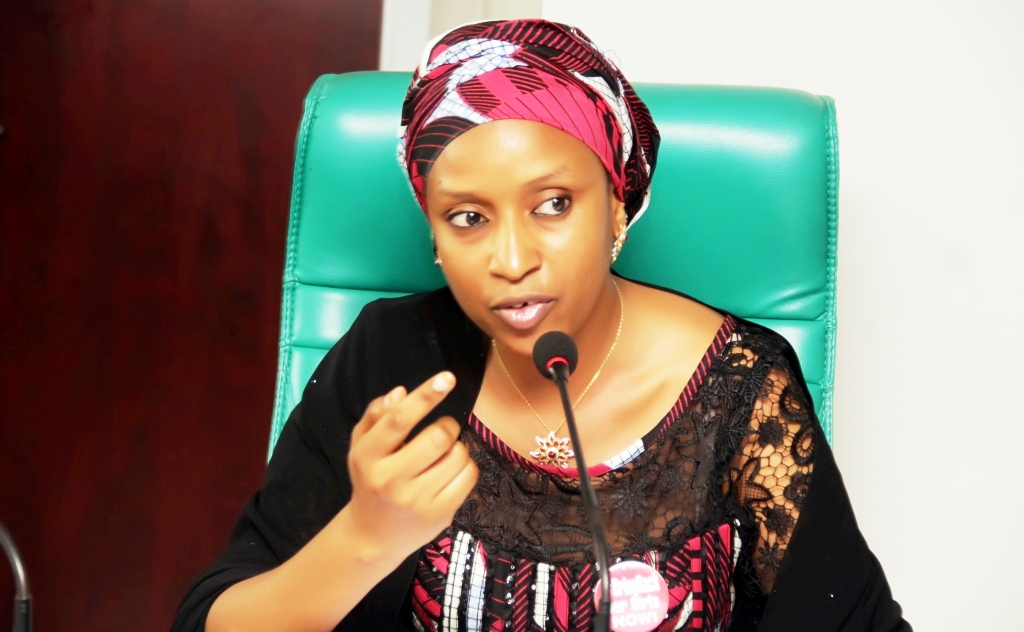Following the immediate reopening of shut Nigerian land borders by the presidency Wednesday, two leading agricultural bodies, the Rice Farmers Association of Nigeria (RIFAN) and Poultry Farmers of Nigeria (PFoN), have roundly condemned the move.
According to them in two exclusive interviews with Business Hilights Abuja Bureau chief, they argued that reopening of the four major land borders close to yuletide would among other things collapse their season’s business as smugglers will have filed days in their illicit trade.
Recall that President Muhammadu Buhari during the Wednesday’s Federal Executive Council (FEC) meeting which he joined live via zoom from his country home in Daura, Katsina State, approved the immediate reopening of four major land borders in Nigeria.
The four borders are Seme in the South-west part of the country, Ilela in the North-west part of the country, Maitagari in the North-west part of the country and Mfun in the South-south part of the country.
Nigeria’s finance minister, Zainab Ahmed, made this disclosure at the end of Wednesday’s Federal Executive Council (FEC) meeting.
While the four borders are to be immediately reopened, “the ban on importation of rice, poultry and other banned products still subsists and will be implemented by border patrol team,” Mrs Ahmed said.
She explained: “I am here to just report that His Excellency, the President, approved the recommendations of the committee that I chaired with the Minister of Trade and Investment as member, Minister of Interior as member, Minister of Foreign Affairs as member, National Security Adviser as member and Comptroller General of Customs.
“This committee was mandated to review and advise on the reopening of the Nigerian borders and after recommendations, the president approved the reopening of four land borders, namely: Seme in the South-west part of the country, Ilela in the North-west part of the country, Maitagari in the North-west part of the country and Mfun in the South-south part of the country.
“So, these four land land borders will be reopened immediately while the remaining borders are directed to be reopened on or before 31st of December, 2020. Mr. President has also directed on the reopening of the borders that while others are being reopened, the ban on importation of rice, poultry and other banned products still subsists and will be implemented by border patrol team.”
Nigeria shut its land borders last year as parts of government’s sustained efforts to check smuggling and other illicit cross-border activities.
But the nation showed its willingness to re-open the border last month, amid skyrocketing food prices and increased calls for reopening of the borders.
The government hinted that it would open the border after the nation fell into its second recession in five years, according to GDP data released by the National Bureau of Statistics for the third quarter of 2020.
Many have attributed the economic recession partly to the border closure that has been in place since August 2019, which, among others, has seen inflation rise to a 30-month high.
Policy experts have said that lifting the blockade will help check the recession, the nation’s worst in decades, and ease the economic hardship faced by its citizens.
In November, Mrs Ahmed said President Muhammadu Buhari would soon receive a report of a presidential committee to advise on the reopening of the land borders.
The minister said although the committee set up by Mr Buhari had done an assessment of the gains of the closure and had recommended to the president to reopen the borders, the report had not been submitted.
End-results
While announcing the re-opening of the border on Wednesday, Mrs Ahmed reeled out a number of positive developments that came with the border closure policy.
She told state house correspondents that the policy has helped the government to check smuggling and arms importation.
“We have many advantages to the border closure, it has given the security agencies an opportunity to access the problems at the borders particularly with regard to smuggling,” she said.
“As you are all aware before the border closures a lot of petroleum products were being smuggled out from the borders to West African countries and the border closures has created a situation that has tactically stopped that, they have been able to calculate the amount of petroleum products being smuggled out by calculating the amount that is being lifted now compared to what was being lifted before.”
The minister argued that the issue of smuggling of rice to the country has reduced drastically and the government is hoping that its agencies will be able to sustain the gains.
“Also very important is the issue of importation of small arms and weapons into the country, that also has stopped,” she added.
“We are hoping and we are sure that this time around, our security agencies will be able to see that that doesn’t reoccur again. These are the issues that caused the closure of the borders in the first place and we have been able to put a stop to them,” the Minister noted.









